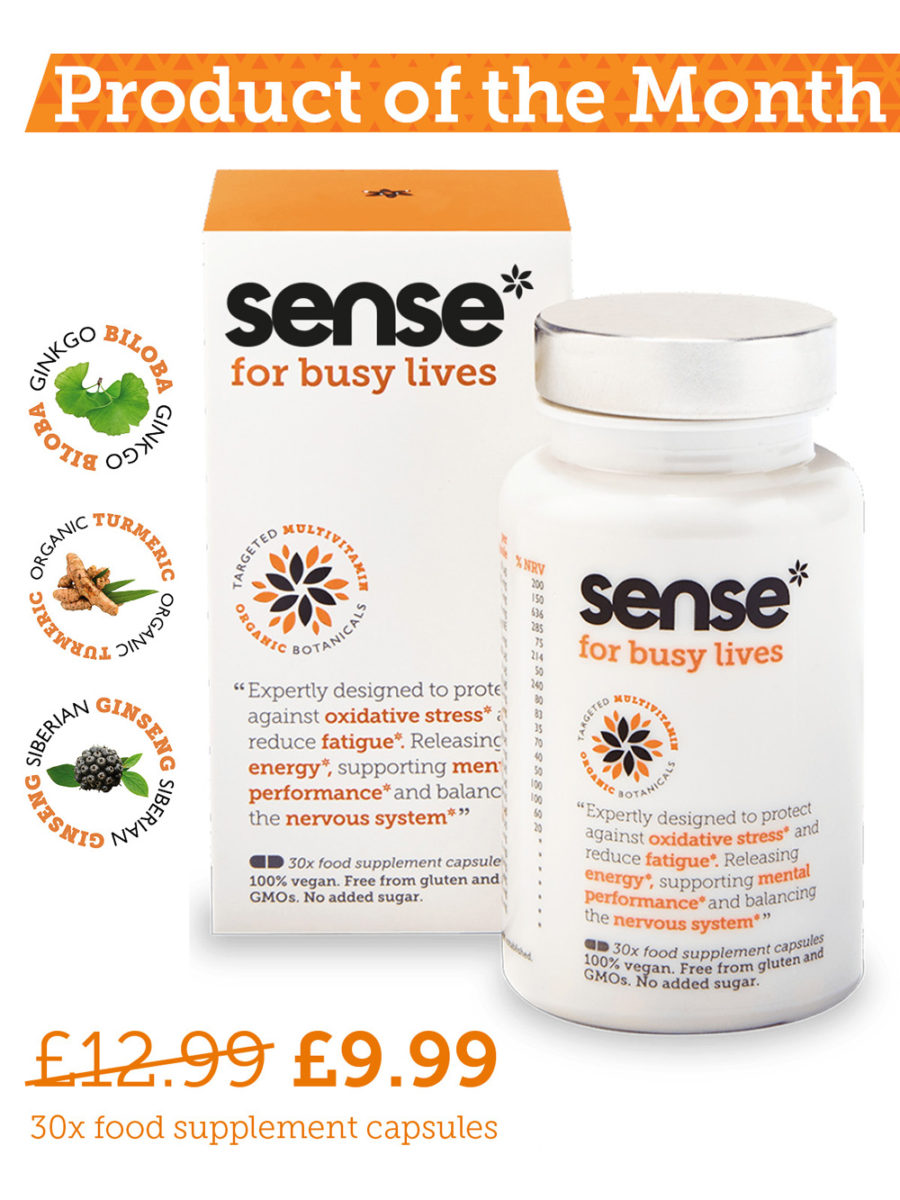
COVID-19: #allinthistogether
This morning’s announcements have come as a bit of a shock to everyone. Even if we expected them. When the shutters come down then it seems a little surreal. It was always going to be the case that additional, draconian measures would be needed to halt this nasty critter, COVID-19. However, when it starts to directly affect all of us, there is no where to go but to confront the facts and concerns we all have:
- we don’t know how long this is going to last
- or how many people are going to die
- will someone in my family catch it
- who is at risk of catching it
- and importantly, who is at risk of being seriously ill if they do
Look Around at Your Loved Ones
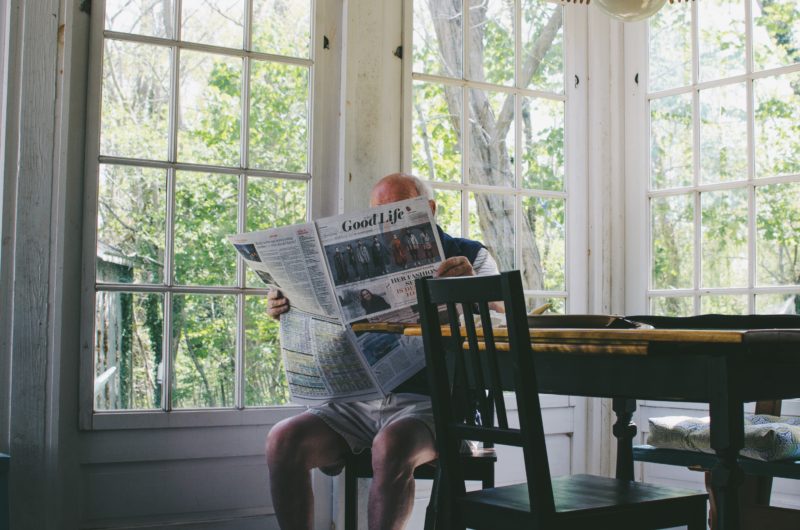
One of the things that you MUST do is work out which of the people living with you is at risk of adversely reacting to the virus. We are told this includes anyone over 70 years of age and anyone with underlying health issues.
I only live my partner and she is 44 and has no underlying health issues. Me on the other hand have a mild form of asthma but also have a known history of auto-immune disease. I am 57 years old, so no spring chicken but otherwise I am fit and healthy, exercise well and have a great diet.
a week last Thursday it was my daughter’s 24th birthday and myself and my 3 kids went out for a meal at a small Asian restaurant in Kings Cross. On friday I was experiencing the signs of a cold, runny nose, sneezing and a slight cough. I dosed up with 3-5g of vitamin C every 4 hours and lots of baobab (African fruit) powder. Made sure I got lots of sleep on Friday night and bingo the cold disappeared by Saturday evening.
However, my partner by this time was displaying symptoms of her own. She followed the same regime as me in terms of vitamins and magic potions. However, she had had a much worse week, having to work late several times and was more run down as a result. Her cold really took hold and she suffered more lack of sleep, headaches, nausea and all the other stuff, runny nose, sneezing etc. It has only just started to go away 10 days later.
Moral of the story, is that you can try to take all the short term remedies in the world to try to prevent this virus (a cold is a virus too). But if your underlying health is got great, then you are likely to catch whatever it is that is going around.
Prevention is Much Better than Cure
It is no good shutting the gate after the horse has bolted. Although, if you have caught this COVID-19 virus, I suggest you throw everything at it that you can. But still prevention is better than cure.
So how do I go about not catching this bad boy virus?
I am not going to give you chapter and verse on what to do and not to do. There is plenty of stuff out there already. I am going to focus on how to prevent your loved who is at risk not getting the virus. Because the chances are that at some point in the next 12 months they will come into contact with it.
Damn…I hadn’t thought of that.
Well it is time to do so now. Because the chances of recovery will depend on how you prepare for prevention. Make little or no preparation for prevention and the worse could happen.
The first consideration, particularly at this time when COVID-19 is going to spread rapidly: avoid all risk of contamination. This means that if you are an “at risk” category (over 70 or with underlying health issue), you MUST restrict contact with other people to only those people that themselves have zero contact with anyone who is still circulating in the outside world.
What does this mean in Practice?
It means that the person who is at risk must take some tough decisions:
- not to have close contact with children or grandchildren who are at school
- to avoid all close contact with anyone who is going to work
- don’t have social contact with anyone who is not following the same strict set of rules
Why so tough rules?
Simply because, no-one knows who is carrying the virus or when the symptoms become clear. The best advice currently is that someone could be spreading the virus without having any symptoms at all. No fever and no cough. So whoever you invite into your home, you had better know they don’t carry the COVID-19 virus for absolute certain.
What Happens if a Person at Risk of COVID-19 Lives with People who are circulating
This becomes very tricky.
I know because my partner who is a lawyer has been travelling on public transport and South West Rail to get to and from a Crown Court in the south of England. As mentioned, I have a mild form of asthma and prior history of an auto-immune disease. So there is real risk of her transporting the virus back from her journeys to and from work to me, someone who is at high risk.
Up to now we haven’t thought too much about keeping apart or self-isolating fully because she has had a cold so I have pretty much kept my distance. Who wouldn’t! However, she is due to travel on Thursday and Friday this week so we have started to think about what if’s, if she has to make the journey again. Here is what I came up with:
The Person Circulating
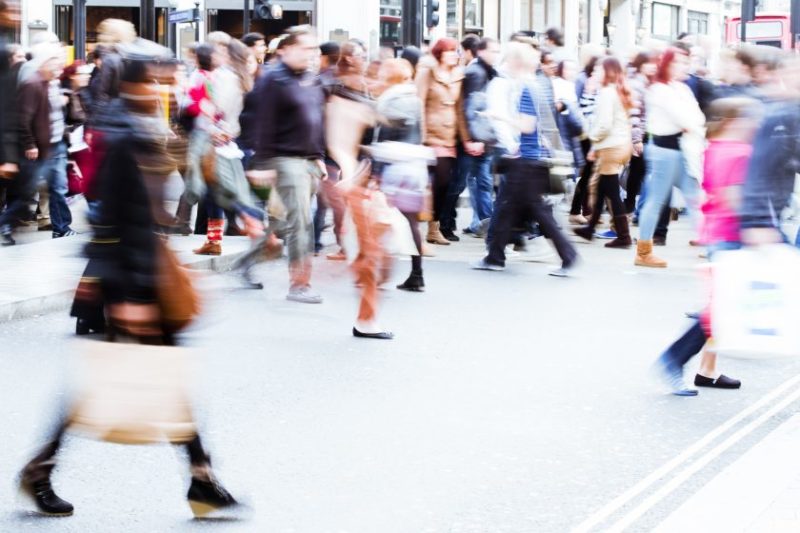
This person has two main objectives:
- to keep as healthy as possible, particularly their immune system. I will expand on this below.
- take extraordinary precautions when travelling and visiting their place of work. This could include any or all of the following:
- taking packed lunch and cutlery, cups and own drinks
- making sure you have a supply of anti-bacterial wipes and supply of tissues
- cleaning surfaces before and after work at the place of work if space is shared
- wipe down mobile phone regularly and don’t put near face at any time
- wash hands when arriving at destination and when leaving
- avoid touching any surfaces when travelling
- use phone to buy tickets rather than handle them
- don’t use cash, otherwise you get given change
- avoid touching your face during or after travelling unless sanitising hands first
- wipe down bags and anything else that you have taken and used in the outside world as soon as you are home
- place all edible food in a sink or bowl of warm water with splash of vinegar
- wipe down all jars, bottles and cans before they go into your cupboard
The Person at Risk
First and foremost (and this applies to the person circulating too), everyone must be as healthy as they can be, particularly their immune system. If there was ever a time to get into a new routine then this is it. In particular, think seriously about about complying with the following:
- not making any unnecessary journeys i.e. don’t socialise
- work from home and cancel all meetings in favour of calls or skype or similar
- only go out for essential items of food or medicine or to exercise/walk the dog
- when outside all the factors set out above should apply, if appropriate
- boosting your immune system several times throughout the day. If you want to see a typical day’s routine for me see below under My Routine to Avoid COVID-19.
- don’t eat junk food and keep alcohol intake to a minimum so that you don’t give your gut too much to do. 80% of your immune system is in your gut
- eat immune boosting foods and since these are mainly vegtables this will assist you gut health too
- get plenty of sleep so that you are not run down
- keep to a consistent routine, don’t burn the candle at both ends
Our Founder’s Regime to Prevent Getting COVID-19
Dose up with immune boosting foods and supplements
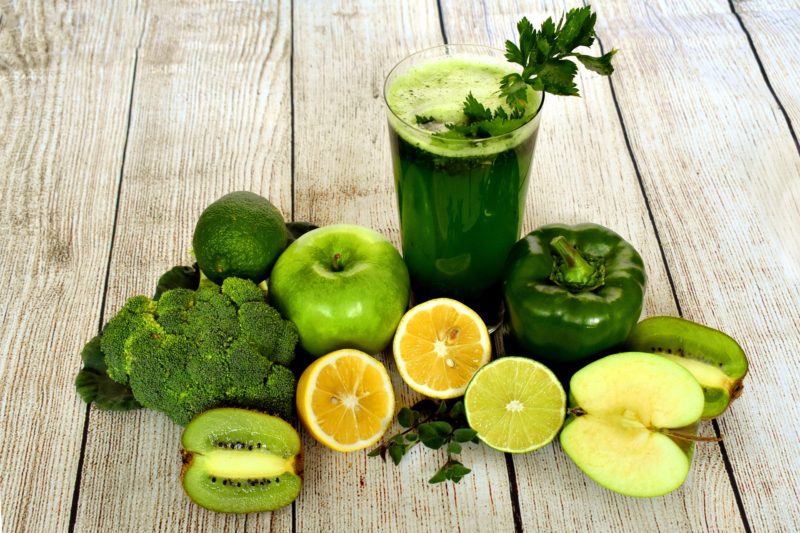
Vitamin C is the first line of defence against COVID-19.
We picked up a story circulated by Orthomolecular News headed “Vitamin C Saves Wuhan Family from COVID-19” written by by Richard Cheng, M.D., Ph.D.
I am taking 3-5 grams of vitamin C every 4-6 hours in an easy to absorb format like Magnesium Ascorbate powder. I mix this into my smoothie or kefir breakfast bowl in the morning. I then top up by mixing 3-5 grams in kefir or yogurt during the day. Into this I add baobab superfood powder, again 3-5 grams per dose. Adding echinacea, rhodiola and cat’s claw herbal remedies once I have downed most of the kefir, vitamin C and baobab mixture since these latter 3 taste awful!
We are using Ascorbic Acid in sense* for busy lives, sense* for joint & bone and sense* for a night out but in the high doses being advocated by our Founder, a mineral linked Ascorbate is gentler on the stomach.
Vitamin D is the second line of defence against COVID-19.
In a study that reviewed double-blind trials with placebos carried out at St Mary’s University London, results were clear. There was 70% less chance of respiratory illness in those lacking in vitamin D if given a daily or weekly does. See HERE the Harvard Gazette report on the study. Recommend daily dosage is 10 micrograms which is exactly what we have in sense* for busy lives capsules and superfood supplement powders.
Get Plenty of Sleep
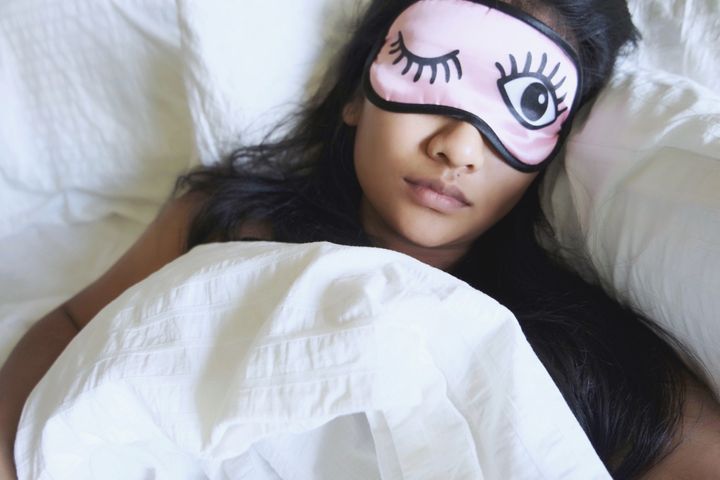
The one thing that your immune system doesn’t like is lack of sleep or inconsistent sleep patterns. We all know how much sleep we need to be on tip top form. Make sure that you get enough. See importance of routine too below.
Add Immune Boosting Foods to Your Diet
We are going to cheat and give you someone else’s article for this, see HERE. Although pretty thorough, it misses out one of our favourite immune boosting foods, kale. In fact, our Founder has something to say on this when we asked. We have underlined the foods he mentions that appear in the article we’ve linked for you:
I am going to tell you what I ate today without seeing your chosen article so you can work out my favourite immune boosting foods.
Breakfast smoothie – Carrot, cucumber, courgette, kale, spinach, lemon juice, avocado, banana, almond milk, water
Lunch – black bean and butter bean hummus with garlic and turmeric with Parsnip, Broccoli, Kale and Spinach soup
Hot Veggie salad – mixed leaves of lettuce, spinach and wild garlic, tomatoes with olive oil dressing and lemon juice together with steamed green beans and roasted tofu, sweet potato, red and green peppers and onion.
Keep to a Consistent Regime or Routine
There is a lot written about daily or morning routines. That is probably because it is very important to the type of day we have. Again, here is our Founder’s morning routine to give you some ideas:
First thing I do in the morning, I make sure I am hydrated so have a glass of water followed by a hot lemon water (juice of half a lemon in hot water). Not only does this help generally after a long period under the covers but sets my stomach acid in the right direction for food.
Then movement, a Pilates routine on the floor followed by some meditative yoga poses or mindfulness. This grounds me and focuses the mind.
Next I am making breakfast, either a smoothie full of superfood supplement powders (sense* and single ones like baobab, lucuma and spirulina) or kefir with the same powders plus fruit, nuts and goji berries.
Following breakfast, I am taking my additional supplements (vitamin C, digestive enzyme, fish oil, triple magnesium, zinc citrate and sodium butyrate) to make sure that I have best start to the day nutritionally. It will keep me going all through lunch and beyond if needs be.
I then cycle to work or go for a walk if working from home. Then I am ready to work out what I am going to do that day.
This article looks in more detail at Morning routines, rest and recuperation, positive attitude and the upcoming Leap Year! Circadian rhythm, rest and routine — sense* supplements
None of Us are Saints
We are all human, none of us will keep all of this up forever. Once the COVID-19 epidemic has done it’s worse, we will still have the virus in circulation. So this advice is as much for then as it is now.
For a start, if you have been to the supermarket recently you will probably have been beaten there by the hoarders. So you may not always have the chance to buy the fresh food that you would like. The tasty albeit generally gut damaging take-away may have to be ordered.
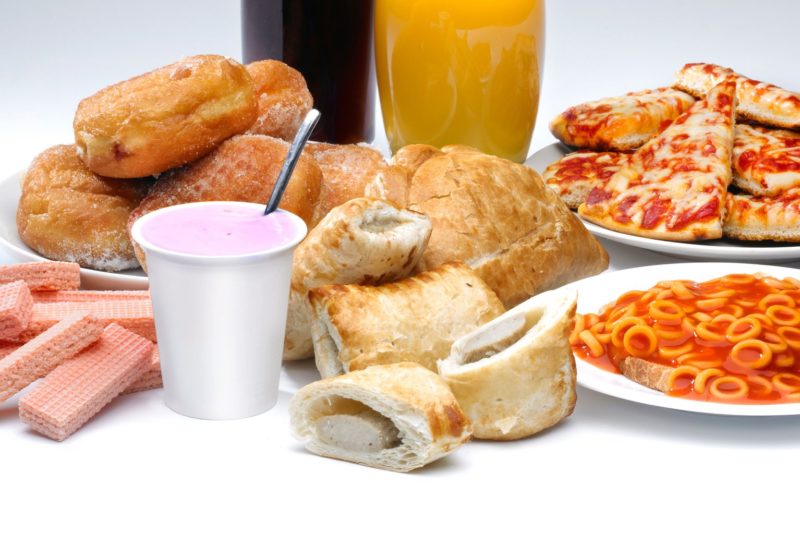
Being couped up at home for hours let along weeks or months can result in high levels of boredom. So don’t forget to exercise. Making sure the noradrenalin and endorphins are still circulating is key to good mental health. Stress and anxiety will be everywhere so allow yourself to let off steam with some physical activity.
If you let off steam in other ways. By having a drink or two then make sure that you compensate by drinking lots of water to dilute the toxins. Also have a really healthy breakfast the following morning. Give your insides time to recover so don’t keep repeating bad gut choices because your immune system will suffer. You will be at a low ebb and at greater risk of catching COVID-19.
However, do consider taking something to balance up the health of your insides. If you are eating junk food or having a drink, there are two sense* products just for you:
sense* for gut health – will balance your microbiome. For a full run down of how it works and the ingredients, see HERE
sense* for a night out – will metabolise the toxins in alcohol and make sure your insides are protected. Find out how this became a reality HERE
Why is the Gut So Important to Your Immune System?
This topic is in need of an article all of its own. So we will make this brief.
Firstly, HERE is a short video BY British Society of Immunology member and Professor of Immunology at Imperial College London, Danny Altmann discussing what the gut microbiome is and why researchers think it could be important for helping our immune systems to function correctly.
Secondly, poor lifestyle choices when it comes to diet, alcohol and stress have the ability to cause damage to our gut wall. Cracks and holes in the single epithelial cell defence that makes up the gut wall can develop. This can be on a short term basis after a binge drinking session. Or over time due to irritants or allergens being eaten such as gluten, dairy or grains.
To get a better understanding, see HERE an easy to read explanation by Harvard Medical. For a more in depth article on leaky gut syndrome see HERE
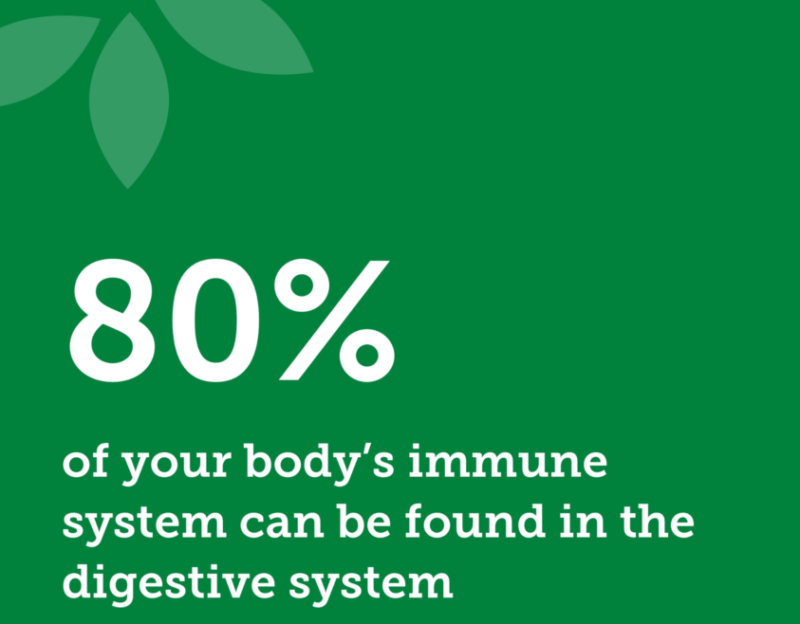
The overriding point being that with c 80% of the immune system in and around the gut, any harmful behaviour to the gut will potentially knock-on to the immune system. So look after your gut health!

